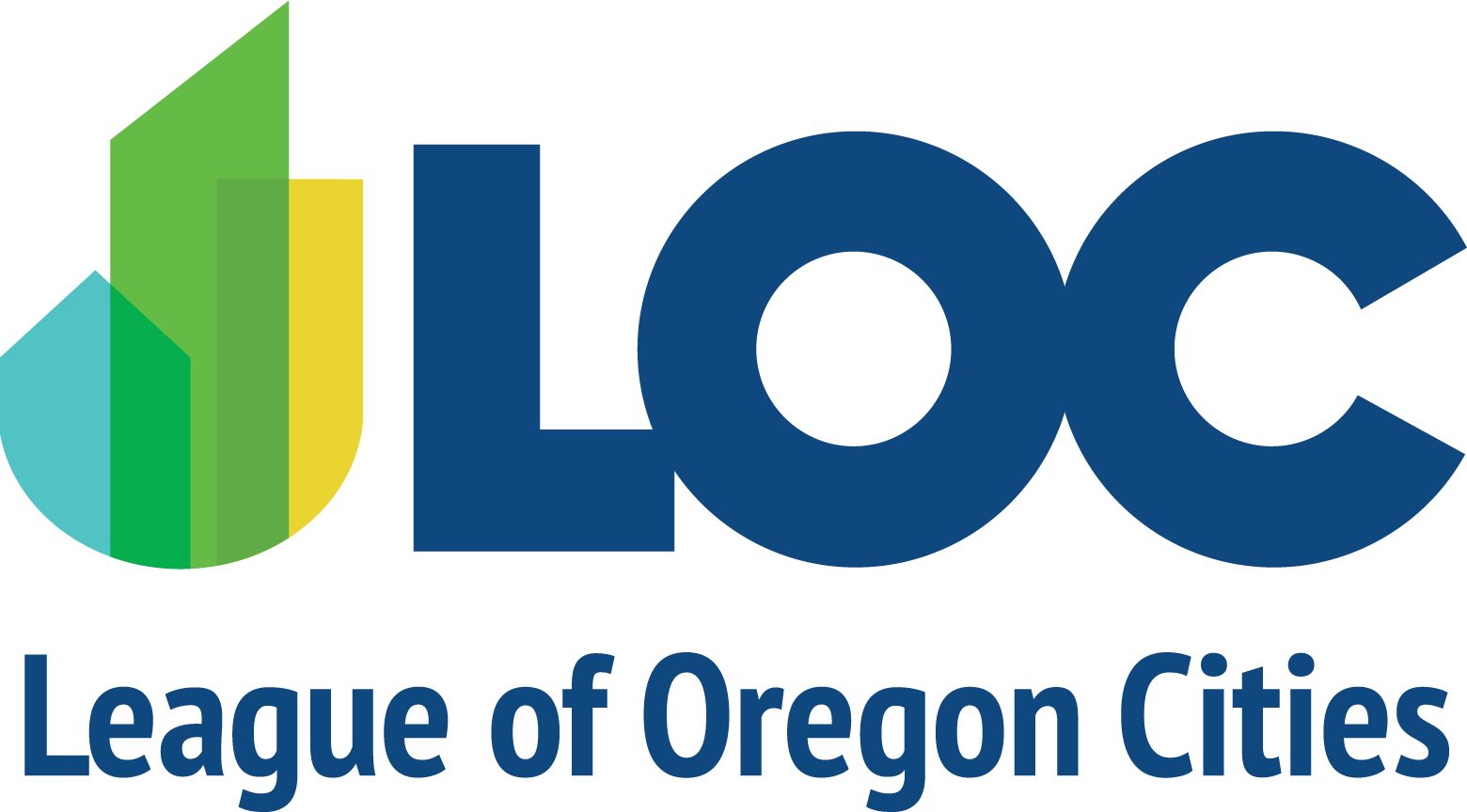Franchises and Rights of Way Overview
Rights-of-Way
The public right of way (ROW) is one of the most important and largest assets owned by the residents of the cities. Typically, A public right of way is the area on, below, or above a public roadway, highway, street, public sidewalk, alley, or waterway in which the municipality has an interest. The right of way generally extends beyond the improved roadway and includes sidewalks and area between the sidewalk and roadway.
A municipality has a duty to exercise ordinary care in the construction, repair, and maintenance of its public streets to keep them in a reasonably safe condition for ordinary travel. As longstanding managers of the public ROW, cities are all too familiar with the impact of use and in some cases abuse of the ROW. It is a heavy lift when it comes to managing ROW users and their infrastructure, which translates into real costs, impacts and risks.
Franchises
On way cities manage their rights of ways is through franchise agreements. Franchise agreements allow companies to use public resources. Franchises can either be viewed as a fee for use of the public right of way or a privilege tax for doing business in the city for telecommunications companies or utilities companies (gas, electric, water, sewer). Because of this conflicting legal distinction, confer with the city attorney for all decisions on franchise agreements.
However, franchise fees and agreements are a way that cities charge for the right of way, there are other fees that they may collect.
